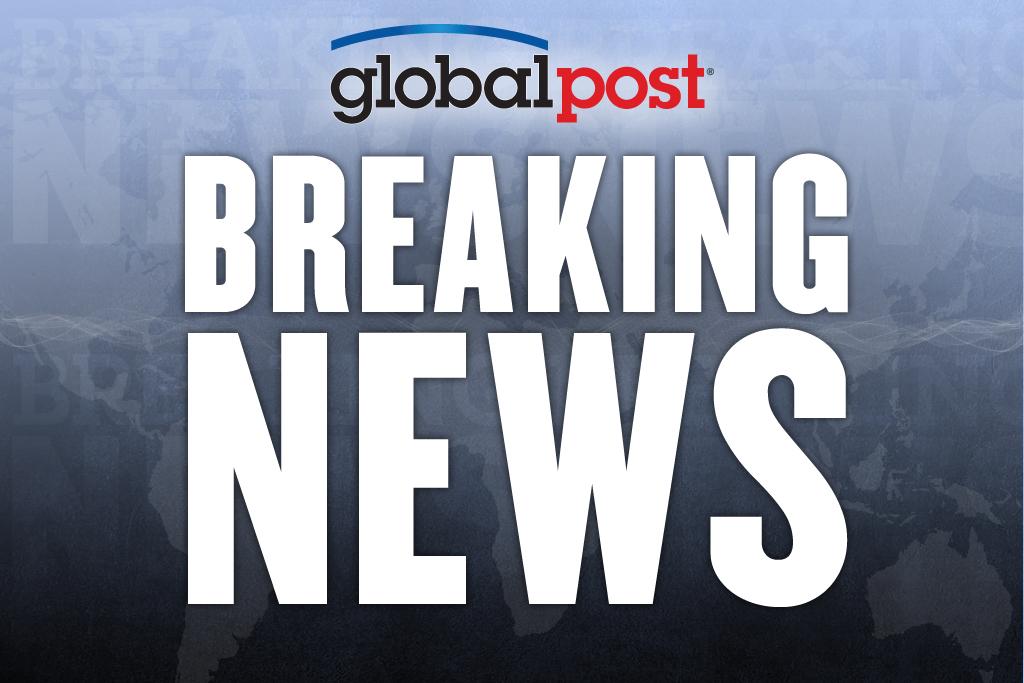Hewlett-Packard plans big business shift
Hewlett-Packard, the world’s largest computer maker, announced on Thursday that it wants to buy British business software maker Autonomy for $10.3 billion, and said it is considering spinning off its personal computer business into a separate company.
According to Reuters, the news "stunned" Wall Street, and the plan could set in motion "a transformation that mirrors IBM's successful overhaul last decade."
HP also plans to kill off the TouchPad tablet it introduced in June, and will stop making mobile phones that use its webOS operating system.
The New York Times reports that HP CEO Leo Apotheker, who took over in November, has been trying to ramp up the company's growth and refocus efforts on business services and products:
Splitting off the PC unit would eliminate the drag of that low-margin business on H.P. as it tries to move more toward providing corporate customers with services and cloud computing — a term used to describe delivering products and services online. Earlier this year, Mr. Apotheker outlined a plan to grow H.P.’s tiny business software unit and expand into the cloud. That strategy challenges I.B.M and Oracle, two giants in the market.
HP bought rival PC maker Compaq Computer in 2002 for $25 billion and, according to the Times, the company insisted for years that the consolidation had allowed it to cut costs and spend less on computer parts. But the new plan appears to turn away from that path.
“Their focus is on being more of a software and services company and not dependent on the hardware businesses,” Michael Gartenberg, an analyst at Stamford, Connecticut-based Gartner Inc., told Bloomberg. “The hardware business has become a difficult business. In many ways it’s a commodity-driven business. This is a major strategic shift for HP.”
HP has been under investor pressure because of what has been seen as its underperforming stock price, The Wall Street Journal reports. Also on Thursday, HP reported diluted earnings per share of 93 cents on revenue of $31.19 billion in the fiscal third quarter, compared with 75 cents and $30.7 billion last year. The company lowered its profit and revenue goals for the fourth quarter, and shares fell 6 percent to $29.51 in 4 p.m. trading.
"HP is recognizing what the world has recognized, which is hardware in terms of consumers is not a huge growth business anymore," Michael Yoshikami, chief executive of YCMNET Advisors, a minor shareholder in HP, told Reuters. "It's not where the money is. It's in keeping with the new CEO's perspective that they want to be more in services and more business oriented."
Every day, reporters and producers at The World are hard at work bringing you human-centered news from across the globe. But we can’t do it without you. We need your support to ensure we can continue this work for another year.
Make a gift today, and you’ll help us unlock a matching gift of $67,000!
